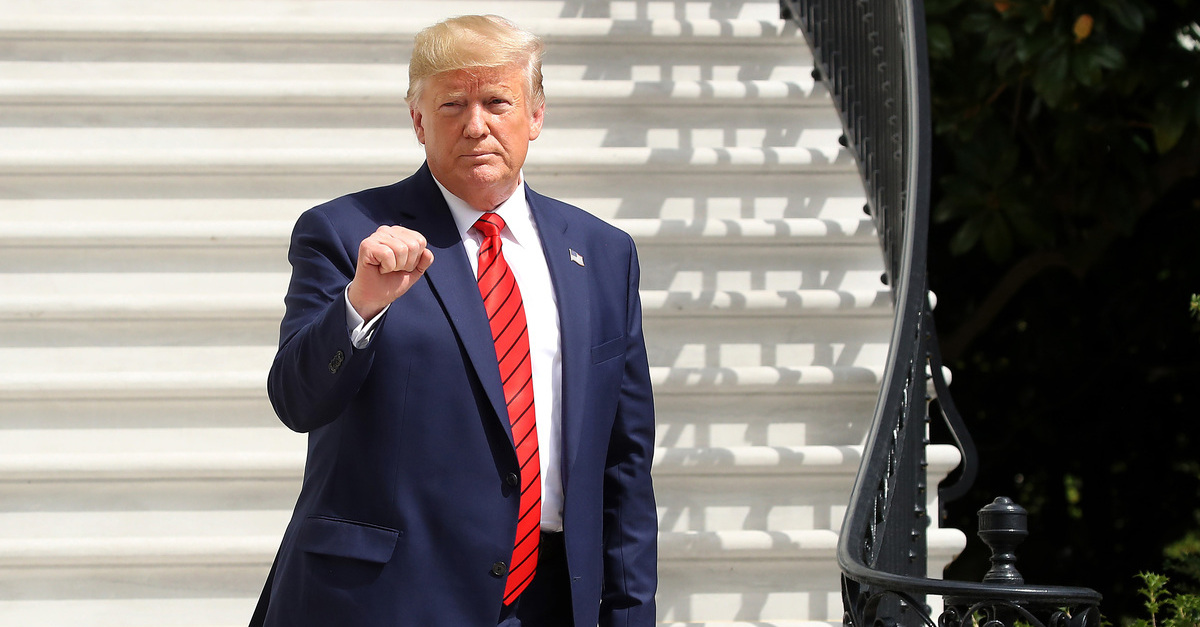
The California Supreme Court blocked a law aimed at requiring President Donald Trump to release his tax returns if he was to appear on the state’s primary ballot. Chief Justice Tani Cantil-Sakauye penned the opinion of the court, and the rest of the justices concurred.
The Chief Justice began by pointing out why the court moved so quickly to rule on the Presidential Tax Transparency and Accountability Act.
“At issue are the Act’s provisions that prohibit the Secretary of State from printing on a primary election ballot the name of a candidate for President of the United States who has not filed with the Secretary of State the candidate’s federal income tax returns for the five most recent taxable years,” Cantil-Sakauye wrote. “Because of the important and time-sensitive nature of this controversy, we have exercised our original jurisdiction to entertain an emergency petition for a writ of mandate that would forbid the Secretary of State from enforcing the pertinent sections of the Act.”
The bill was set to require all presidential and gubernatorial candidates to hand over tax returns to California’s Secretary of State at least 98 days before the primary, after which point the records would be available for viewing online (with the exception of certain personal information). The primary is in early March 2020.
The Court considered the petitioner’s request for “writ of mandate” and issued that writ, forbidding the enforcement of the law.
“Upon careful consideration of the parties’ briefing and arguments, as well as the submission by amicus curiae, we conclude that petitioners are entitled to a writ of mandate,” the Chief Justice continued. “We direct the Secretary of State to refrain from enforcing Elections Code sections 6883 and 6884, the relevant provisions of the Act, insofar as enforcement of these sections would keep the name of a ‘recognized candidate[] throughout the nation or throughout California for the office of President of the United States’ from being printed on the ballot of a political party that has qualified to participate in the primary election.”
The Court then explained why Elections Code sections 6883 and 6884 were a problem that compelled the court to block the law:
Elections Code sections 6883 and 6884 purport to make the appearance of a “recognized” candidate for president on a primary ballot contingent on whether the candidate has made the disclosures specified by the Act. This additional requirement, however, is in conflict with the Constitution’s specification of an inclusive open presidential primary ballot. The Legislature may well be correct that a presidential candidate’s income tax returns could provide California voters with important information. But article II, section 5(c) embeds in the state Constitution the principle that, ultimately, it is the voters who must decide whether the refusal of a “recognized candidate” throughout the nation or throughout California for the office of President of the United States” to make such information available to the public will have consequences at the ballot box.
You can read the rest of the opinion below.
California Supreme Court on Tax Returns by Law&Crime on Scribd
[Image via Mark Wilson/Getty Images]
Have a tip we should know? [email protected]